Introduction:
Technology affects every facet of life, at least almost all facets if we are being realistic. Among these aspects of life affected by technology, agriculture is not left out.
From the old days of farming along the bank of the Euphrates to the construction of irrigation systems during the Egyptian civilization era, mankind has always been focused on coming up with new ways to make farming easier, faster and more sustainable.
In recent times, some of the avenues that has been explored to make farming more fruitful for us as a race includes the implementation and applications of AI and blockchain technologies in agriculture.
Smart farming, e-agriculture, it can be referred to by quite a variety of names is essentially an agricultural management concept that encompasses the management of farms using technologies in such a way that can increase output, and reduce environmental impacts.
We cannot mention smart farming without including AI and blockchain which is why in this post we are going to examine specifically just how important both fields are in relation to agriculture.
How Does AI and Agriculture Relate To Each Other:
Artificial Intelligence can actually be leveraged to simplify and ease common farming practices and processes.
Sensor technology and advanced data gathering and analysis models can be very helpful in providing insights, predictions and suggestions to the farmer applying them.
Utilization of these technologies can lead to a more bountiful yield for the farmer while keeping resource usage at a minimum, more yield with less input is certainly clearing a pathway to profits.
How Does Blockchain Tech Affect Supply Chains In Agriculture:
The efficiency of any supply chain is very much dependent on the level of transparency and accountability of the elements within that supply chain.
In theory, any supply chain(not just limited to agriculture) with trustworthy elements will be highly effective in providing the quality goods required by the end user on that chain.
The entire premise of blockchain technologies is to help create unadulterated and immutable entities such as supply chain infrastructures that cannot be maliciously manipulated.
Record keeping features of blockchain technologies will help to ensure that accurate and untampered data is stored for any agricultural supply chain that it is applied to hereby increasing the efficiency of that supply chain.
Smart Farming Techniques:
Below a list of common techniques and approaches employed in smart farming
- Using IOT devices for real time sensor monitoring and data feedback
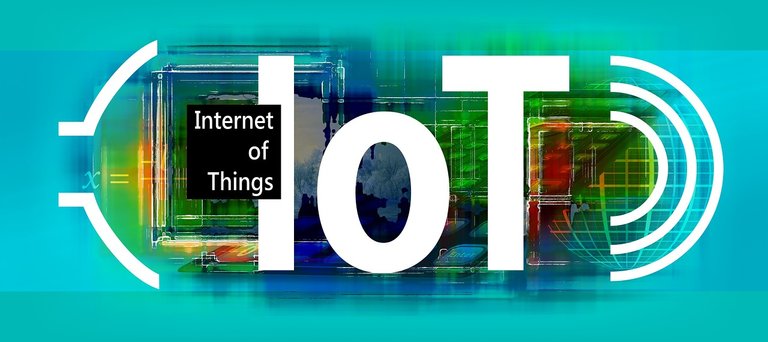
Source - Utilizing drones to get real time footage of fields and also in the deployment of things like fertilizers, pesticides, insecticides among others.
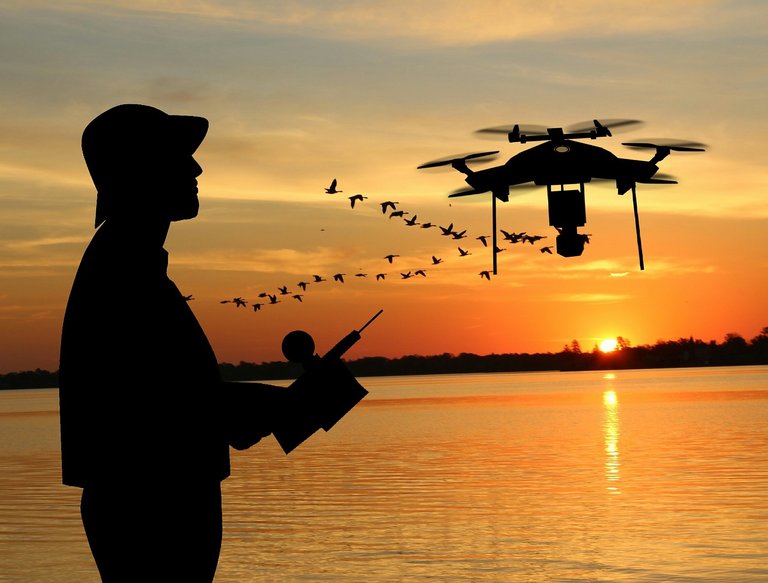
Source - Using satellite imagery to tell the soil and environmental condition within any geographical location.
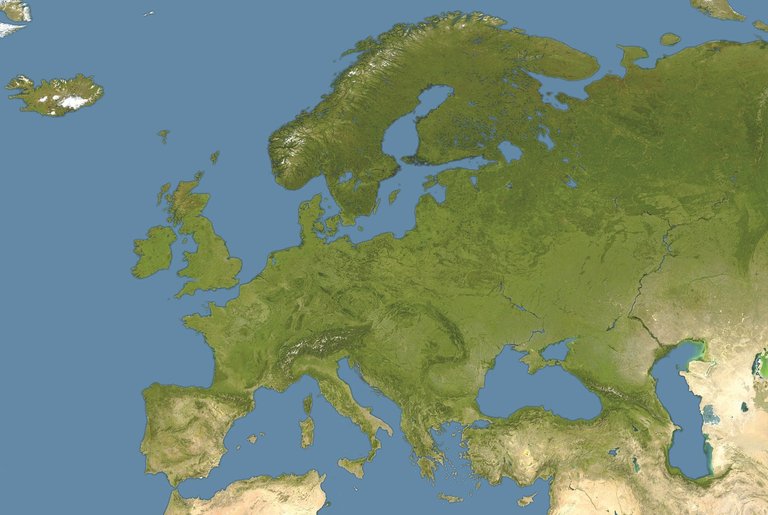
Source - Deployment of robots in farms to automate linear processes such as planting, harvesting, pruning among other possible tasks.
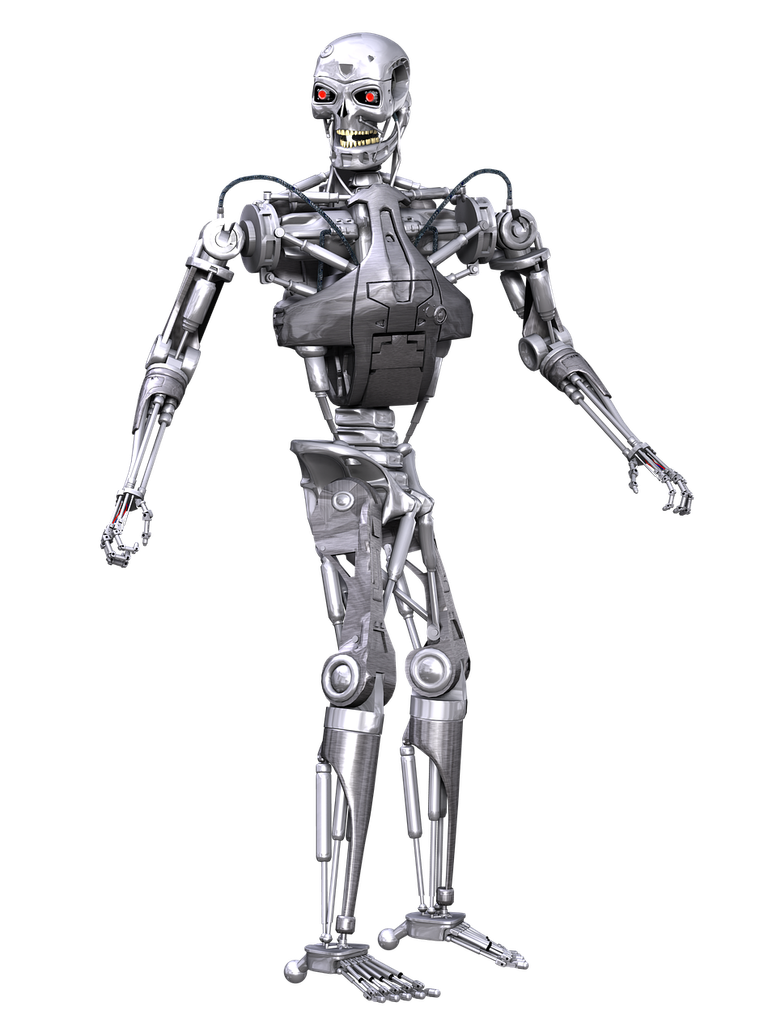
Source
Common Challenges In Smart Farming:
The usage and deployment of tech in any field or aspect of life is never without it's challenges. Some challenges are common across the board while some tend to be specifically unique to a particular situation.
The above statement holds true when it comes to the concept of smart farming, among other unique challenges it can be imagined that commonly there are going to be problems, inadequacies and concerns surrounding the usage of these technologies some of which include the following
- Ethics, data usage and data privacy of the end users of these technologies
- Lack of technical know-how on the part of farmers
- Regulations regarding the deployment and usage of these technologies
- Environmental hindrances that might prevent these technologies from being deployed in certain geolocations.
The Future of Smart Farming:
Evolution and change is constant, and if one thing is certain it is the conclusion that future technological breakthroughs will certainly lead to new systems being built in agriculture that will overshadow old systems in terms of efficiency, utility and effectiveness all the while contributing the yield of farmers whilst making work easy for them.
Conclusion:
AI and blockchain technologies play a crucial role in the advancement of agriculture and food production.
Careful and intelligent application of these tech can do a whole lot in terms of getting us to a point of sustainability and abundance when it comes to food and agriculture generally.
What are your thoughts on smart farming, kindly share in the comments
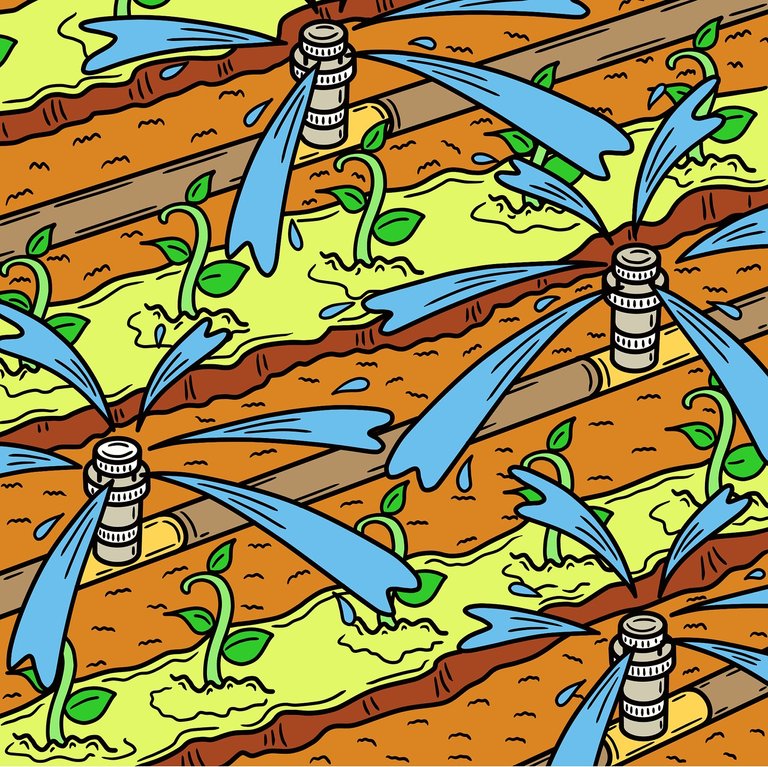
!LOLZ
lolztoken.com
You look drunk!
Credit: hollowknightgod
$LOLZ on behalf of entrepreneur.one
(6/6)
PLAY & EARN $DOOM
@horkeeyzpencils, I sent you an